Welcome to the Wagonex Car Reviews Hub — your central guide to the most popular,...
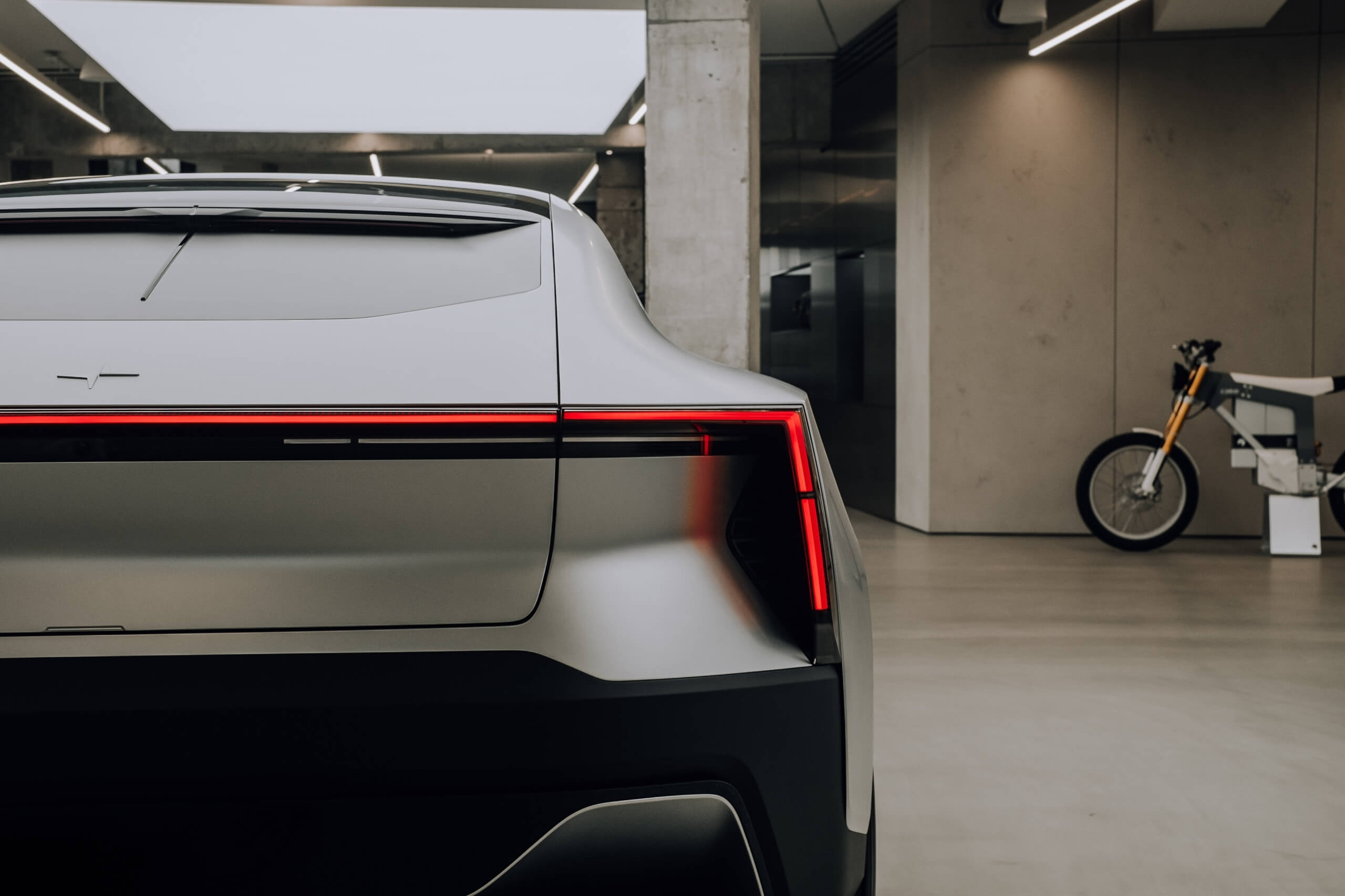
Electric Vehicles | A Comprehensive EV Guide by Wagonex
The Essential Electric Car Guide
EVs are exploding with popularity, and for good reason, they’re near-silent, friendly to the planet and are so much cheaper to run but a lot of people are still in limbo, confused by the new specifications of EVs, the different charging methods or simply love their ICE car, and don’t want to change.
Since there isn’t a used car market for EVs yet, and innovation in the eco-friendly transport space is rapidly improving, you could end up in a long term commitment with an electric car that’s archaic compared to the cars that hit the market in the next few years as EVs become the focal point of OEMs.
As a way for us to help we created The Essential Electric Car Guide to help you navigate this every changing world of electric cars!
Where are we when it comes to EVs in the UK?
This survey from CarGurus is a good summary of where we are in the UK on electric cars:
Key Findings:
- 64% would be convinced to buy an EV if there were more charging stations in there area
- 60% if there were more tax incentives or rebates
- 58% would be convinced if long term fuel and maintenance savings outweighed initial asking price
- 56% would be convinced if replacement parts were easier to come by
- 56% would be convinced if there were extended warranties on electric cars
If you look at the length of this list of problems people have with EVs it would be easy to assume that going electric is bonkers in the first place, and that's wrong, because the list of benefits from switching over to an EVs is longer, and more impactful, but it does tell us where we stand in the United Kingdom, and where need to provide education on the rapidly changing world of electrification.
That's a big reason why we decided to create the 'Essential Electric Car Guide.'
Wagonex will steer you toward a happy electric car decision by giving you some essential tips on how to select the right one, and how to see through the clouds on some of the confusing parts of selecting the EV you want!
Why is range important when deciding on an EV?
When looking at the range of vehicles, first take some time to ask yourself,
Where and how will you use it?
This will help decide what range you need, if you want to have a city car, go for a range closer to 150-200 miles, if you want a car to cruise on the motorway, it’s best to go for a range of at least 250 miles. It’s also valuable for you to assess the true range of your vehicle.
How to find the true range of an EV
All electric cars advertise a range which is exaggerated, and with varying degrees of accuracy, we need boards, such as the WLTP and EPA to measure their true range.
What’s the difference between WLTP and EPA range?
If you need a car that can whizz through tight city streets, the best way to assess the range of an EV is to look at WLTP range, as this test measures more realistic driving conditions, where you are always slowing up or down at different speeds. On the other hand, the EPA range measures the range if you were driving on the motorway at a steady pace.
What else do I have to take into account?
Eccentric driving, cold weather and liberal use of the air-con all handicap range. However, EVs have the ability to recapture energy when you slow down using regenerative braking, going slower will extend the range, which is the opposite to ICE cars.
Click here to read our guide to the best long range EVs available with Wagonex.
How reliable is your battery?
We have brands that we’re used to and love driving because of the way the engine feels when we’re driving it. Mercedes, Ford, Toyota and BMWs have been the best and most popular cars for the last 50 years, but what about the next 50 years?
We already know from first-hand experience using laptops and phones that the batteries get worse over time and since we have battery powered cars, it’s natural to think,
“What happens if my battery gets depleted?”
New evidence has surfaced from Which?:
“We reported last year that only around 3% of electric car owners have suffered the inconvenience of having a faulty battery pack replaced entirely. The latest figures suggest that this is rising as more drivers make the switch. This year, of the 2,184 EVs we heard about, 163 required a full battery pack replacement.
Premium brands are just as susceptible to having to provide expensive replacement batteries. Around 7% of Tesla owners (Model S, Model X and Model 3) needed a new battery pack, which is close to the average (8%) across all brands that we hold data for. Meanwhile just 3% of Renaults – across the Renault Zoe (2019), Zoe (2013-19) and Fluence – suffered the same problem.”
Luckily, there’s a lot of brands that offer warranties. I’ll list some of them below:
- Audi, BMW, Jaguar, Nissan and Renault cover you for 8 years, with a mileage of 100,000 miles.
- Hyundai has an 8 year warranty, with a mileage limit of 125,000.
- Tesla offers the same warranty, with a mileage limit of at 100,000 but it’s based on the model, for example Tesla has a limit of 150,000 on the Model S and X
- Most brands except Tesla and Audi offer a replacement battery if the maximum allowable capacity drops between 70 and 75% which will trigger a replacement.
If you’re a subscriber through Wagonex, this isn’t a problem for you. The car will be fixed by the supplier, at no extra cost to you. Pretty helpful, aye?
Ditch the test drive, instead try it for a whole month on subscription.
Wagonex gives you the option to trial an electric car for a month before ultimately taking the next step, and owning it for the long term. EVs are still expensive, and with no used electric car market, a lot of people are still questioning whether they want an EV. Wagonex makes it so simple to drive an EV for a month, so you know for certain, you’ve chosen the right EV, for you and your family. Considering a test drive is usually quite a palaver, and it’s hard to get a feel for a car in one, short test drive.
Benefits of a subscription over a test drive:
- Know exactly how you’ll handle the range and charging speed of the EV
- All the challenges of using the EV will show up in a month, helping you make a much better decision.
- At prices from £400 pcm, it can save you the burden of spending over £25,000 on a car that you, or your family dont want.
- You can create a shortlist of the cars you can imagine buying, and try them out each month, and with no hidden costs, it’s completely stress-free.
- A salesperson won’t impact your decision making.
Go to our marketplace of EVs, and subscribe. You can easily swap, extend or cancel your subscription at the end of the month.
What about charging?
It’s important that you know where to charge your EV, and how long it takes to get fully charged.
Charging is not as simple as just plugging it in every night before bed, most brands still don’t have the capacity to fully charge your car overnight. We’ve gotten used to filling our petrol up the same way for the last 80 years. Now we’re in a greener world. Charging is cheaper, but slower, with changing compatibility and variable rates of charge.
How long does it take to charge an electric car?
It can take up to 12 hours or as little as 30 minutes to charge, it’s determined by the size of the battery and the specific charging point, as they can vary in power output. An example of a car with a standard 60 KwH battery is the Kia E-Niro, it would take just under 8 hours to charge this car from empty-to-full with a 7kW charging point. That’s why you should plan ahead, don’t get stuck at a service station for hours, it’s much better to top it up throughout the day, just as you would with your Iphone.
A huge benefit of EVs is the convenience of charging, you can charge your car when you aren’t there, because you don’t need to visit a petrol station, you just park at a charging station at work, home or at the supermarket, as they charge quicker, and charging stations are ubiquitous, and with that a much cheaper car to run, the proposition of an EV becomes a lot more enticing.
You can use this tool to see how much saving you will make on an electric car.
Home charging
A home charger is an investment. It’s costly but recommended if you want to make driving your EV a lot easier. If you want to buy a home charging kit and have an off-street parking space, you can use the Electric Vehicle Home charge Scheme, to get up to £350 off the price, also you can use the grant for work, with the Workplace Charging Scheme, where you can also get £350 off each socket, for up to 40 charge points.
What are charging points? Read this to help.
EDF advices:
“3-7 kW chargers are the most popular and are widely recommended for the UK market. Many UK households have a single-phase (AC) electricity supply and can support the additional 7 kW load. Always check with the installer that your fuse board has enough spare capacity to support the additional load of a home charging station. If there is not enough spare capacity, then you may have to pay to upgrade your distribution board.”
Here’s a helpful guide from WhatCar? on home charging.
Public charging
Remember, different brands have access to different charging stations. Tesla has a home charging kit and a public network exclusively for Tesla drivers, but other brands that have software installed to help with tracking down charging stations aren't as reliable because they don’t identify the kWh output, meaning you could waste time at a station that’s half as slow as another, just around the corner.
Read our guide to find the best app to locate charging stations.
Charging connectors explained
Make sure to always take this into account that you need a compatible connector from your car to match the output of the charging station. If you drive a Nissan Leaf with a 3.3 kW on-board charger, you’ll only get a maximum of 3.3 kW, even if you use a fast charging point.
Be sure to check what ports your car is compatible with from your car handbook.
Read this handy guide by Zap Map to understand the different charging connector cables, and the differences between slow, fast and rapid charging.
Here's more content to make transition to an EV an easy task:
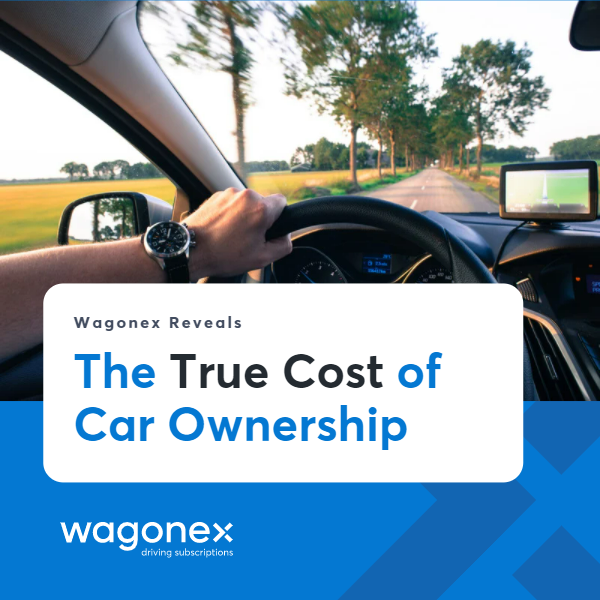
Subscribe or Buy Your Next Car? (Real Life Price Comparison)
.png)


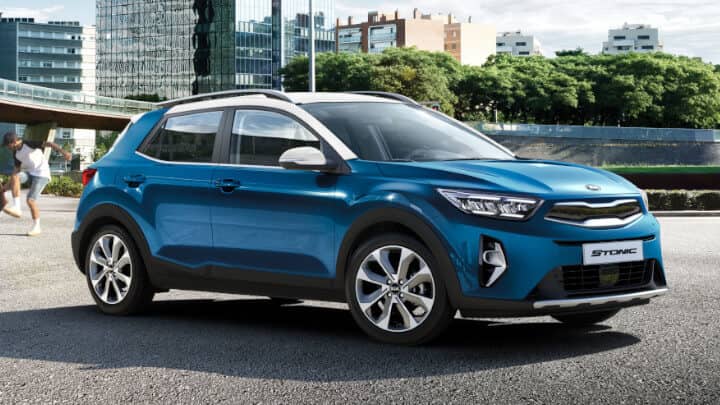
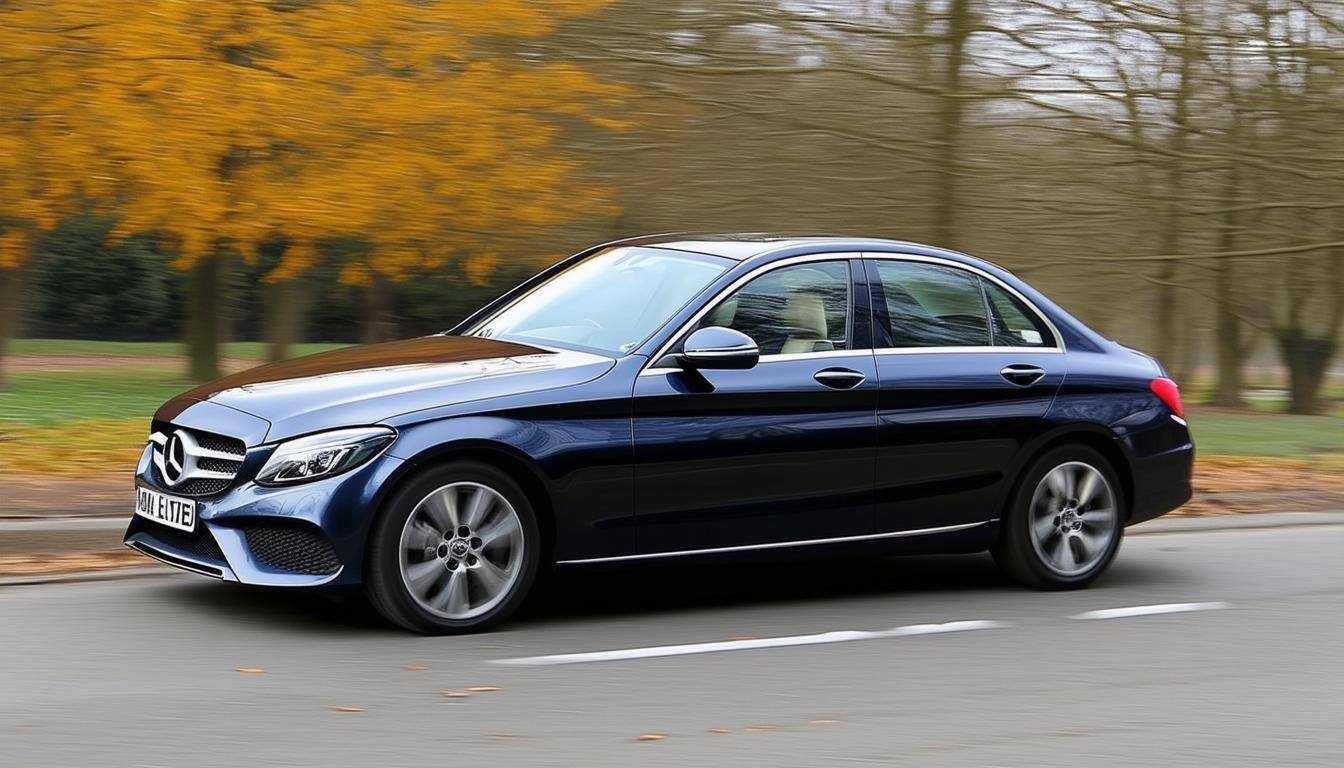

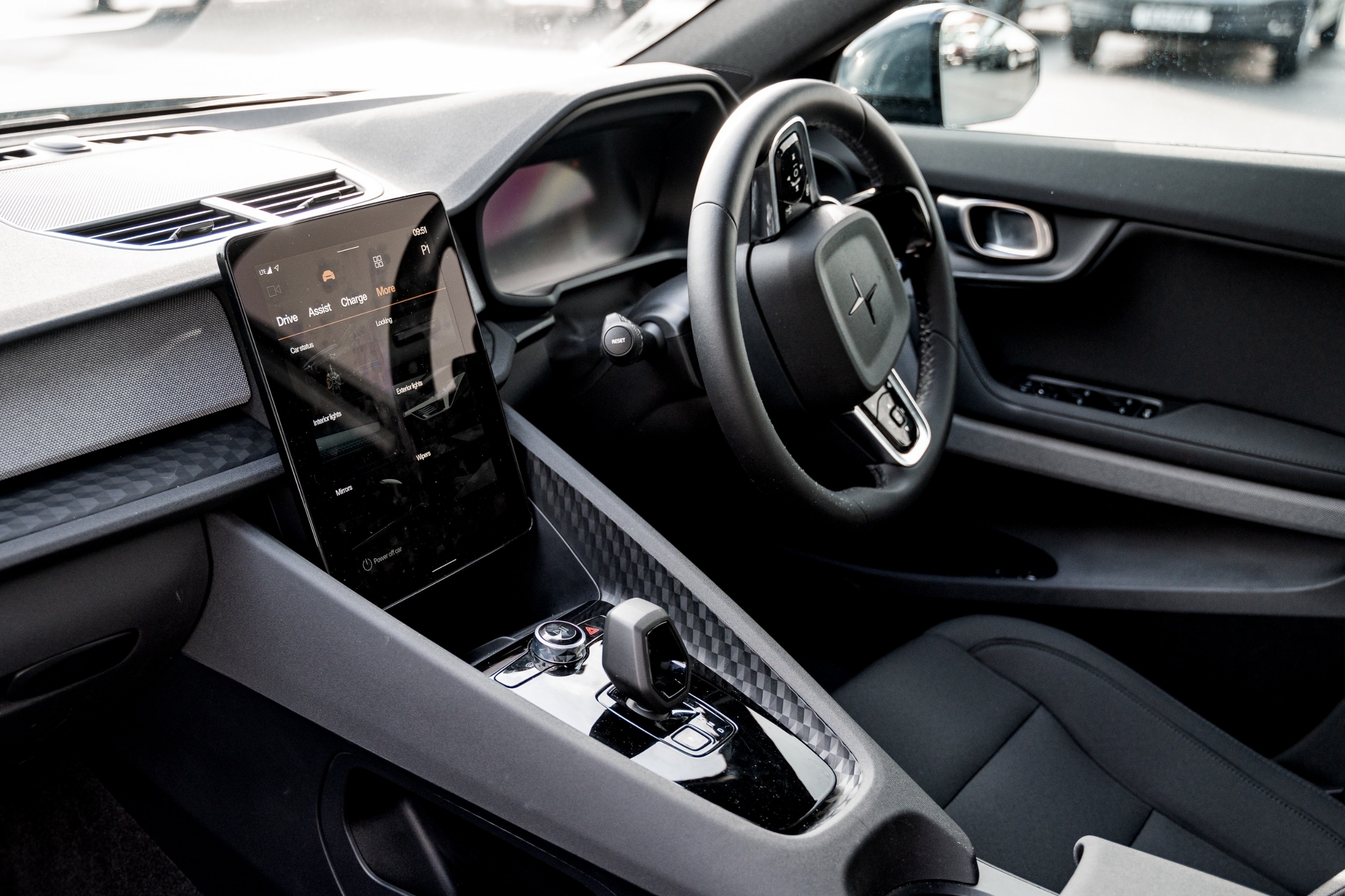

-2.jpg)